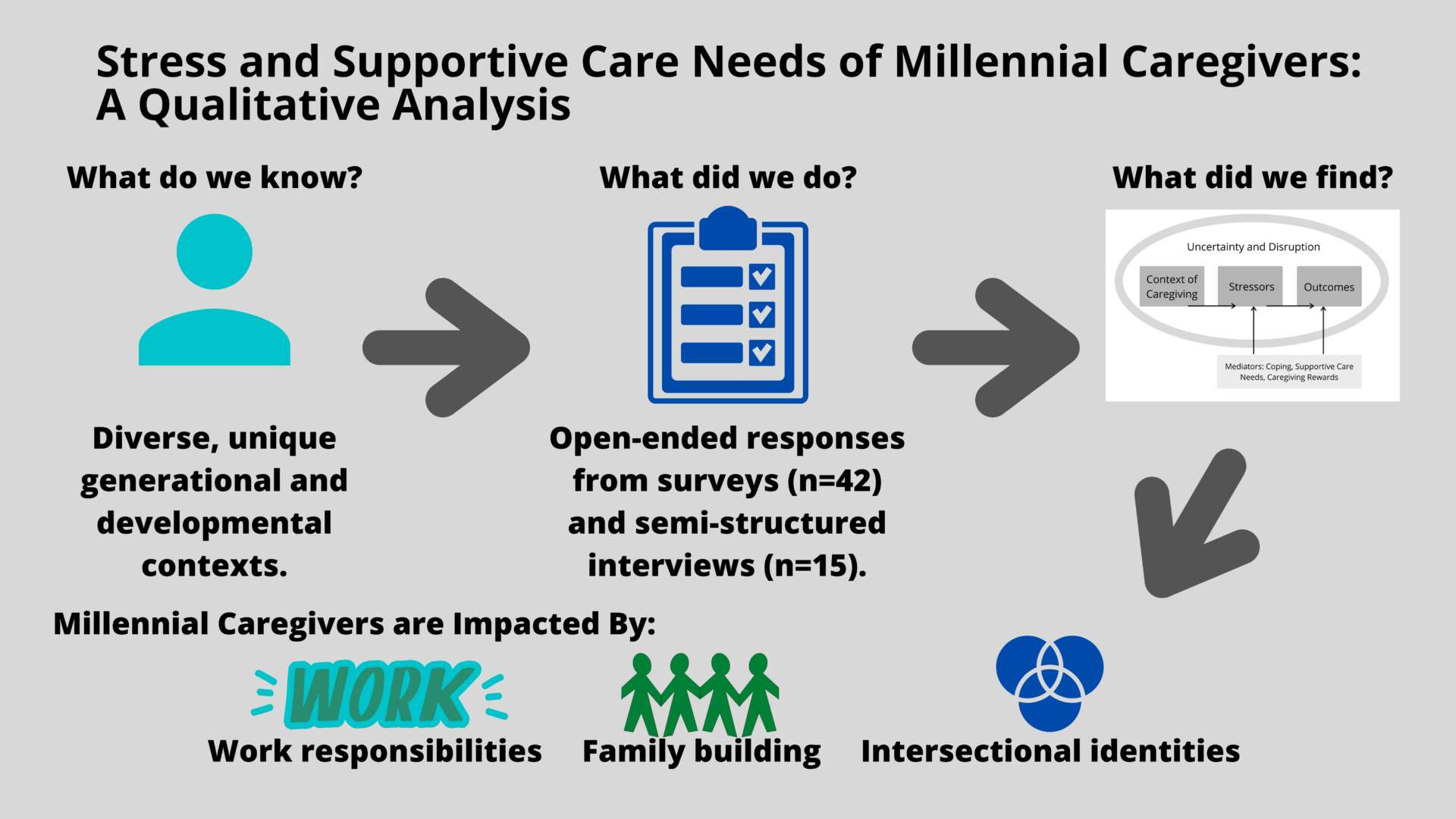We caught up with the brilliant and insightful Megan Thomas Hebdon a few weeks ago and have shared our conversation below.
Megan, looking forward to hearing all of your stories today. Was there a moment in your career that meaningfully altered your trajectory? If so, we’d love to hear the backstory.
While I was at Purdue University, working on my doctorate of nursing practice (DNP) degree, I had two intersecting and defining experiences. First, I was more fully introduced to research within the context of nursing practice. I had the opportunity to work with two mentors at Purdue that helped me see the broader opportunities and influence available through research. These mentors gave me opportunities to publish, engage with other researchers, present at research conferences, and explore my own ideas about the cancer survivorship team (my area of interest at the time). I had never planned on a research career, but because of these experiences and mentors, my career trajectory switched from clinical-only to a clinical and academic career involving teaching and research. I now have two doctoral degrees (DNP and PhD), I have been part of multiple research teams, and I work at a large research institution in Texas. At that same time, I was also going through a huge family transition. I was in the middle of building my family with two toddlers and a baby on the way. My daughter had a series of seizure clusters requiring hospitalization over the three years I was in school. My partner and I navigated multiple health care providers, medication changes, and major medical bills at a time when we had little to no local family support and few financial resources. This was the first time I really felt like I was on the “other side” of health care. I saw more fully what it meant to be a family caregiver, and I recognized that most members of the health care team were not going out of their way to support family caregivers. Some did for our family, and that made a huge difference for me financially, physically, mentally, and emotionally. I wanted to do that for other family caregivers. So, now I am a family caregiving researcher. I am also seeking out ways to support family caregivers more directly through social media avenues.
Megan, love having you share your insights with us. Before we ask you more questions, maybe you can take a moment to introduce yourself to our readers who might have missed our earlier conversations?
I started on my nursing path almost by accident. I have always wanted to be a writer, but I was not sure I could keep a roof over my head withy my writing. I like financial security and my family of origin had benefited from the care of nurses when my brother died due to a brain tumor. The nursing profession felt like a perfect blend of practical and altruistic. Once I started working as a nurse, I found I really loved the connections I could build with people while providing nursing care. I have had a long, winding path in nursing that started in home health and long-term care. I am now an assistant professor at a research institution where I look at supportive care solutions for family caregivers. This mostly occurs through research, but I have a few creative projects including a podcast with my collaborator, Erna Alfred Liousas, that will launch in November with a corresponding YouTube channel and Medium site. I also paint, write poetry, and I am working on a memoir of my journey through family caregiving and academia.
We’d love to hear a story of resilience from your journey.
Over the past fourteen years, I have navigated the births of three children, taking care of three children with a total of 4 chronic health conditions, three graduate degrees, three cross-country moves, and multiple major career shifts due to career progression, life demands, and a boss who harassed me and other female employees. Amidst all of this, I have also dealt with major health challenges myself. I have three autoimmune diseases along with three other chronic health conditions. During these challenges, I have discovered the power of mindfulness as a way of being oriented to the world. It has helped me have less anxiety and more equanimity with what is happening. It has helped me be more present, more open to learning from others and my environment, and more aware of my body and what it needs. I have learned to accept the pain of my challenges, but also find ways to grow with the challenges.
Training and knowledge matter of course, but beyond that what do you think matters most in terms of succeeding in your field?
Setting boundaries is one of the most important skills I am learning in my field. Academia is an environment that will take whatever I give to it. Along with my professional life, I really value my family, friends, church community, and neighborhood. I care about staying healthy with diet, exercise, and sleep. I also love being creative with food, writing, painting, and crafting. In order for me to have a full life, I have to set boundaries about my time and what I say yes to at work. I have learned that when I say yes, I am saying no to something else. My family, my relationships, and my well-being are not things I will say no to.

Contact Info:
- Instagram: @megcares
- Linkedin: https://www.linkedin.com/in/megan-thomas-hebdon-05b530189/
- Other: https://medium.com/@TheCaregiverRevolution
Image Credits
Headshot Photo Credit: Katie Lewis


